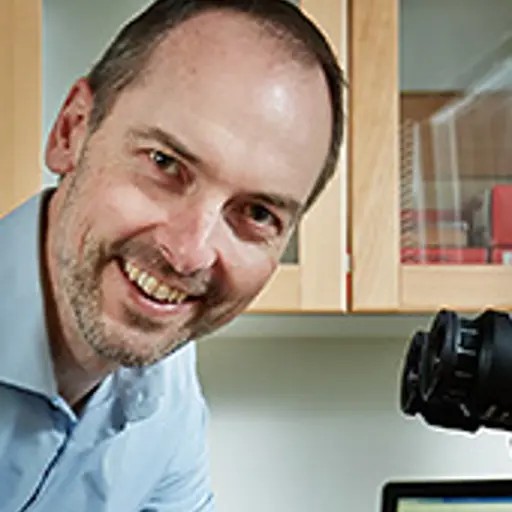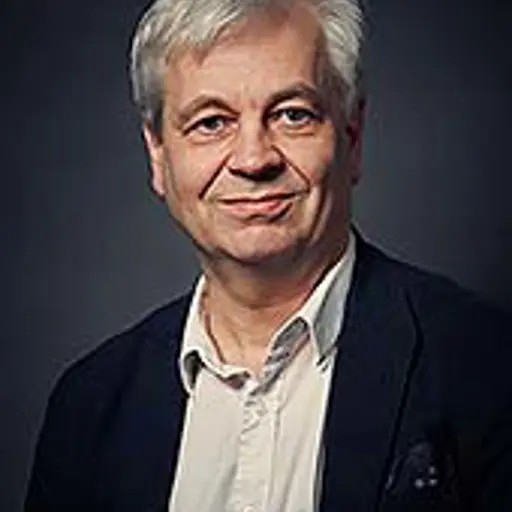Manufacturing metal components is an energy-intensive process that accounts for a significant part of society's CO2 emissions. In addition, mining and metal production cause local environmental problems. It will therefore be necessary to work with recycled metal to a much greater extent. A transition to circularity has its challenges and an urgent increase in skills within the industry is needed to succeed.
Moving towards a circular economy impacts the entire value chain in the metal component industry. The use of scrap and secondary materials is not new, but increasing environmental concerns, requires a more conscious management and control of the material flow.
A key to coping with the transition is need-based education and skills development, both in industry and academia. Circular metal components (CIRCUMET) is a new project that will develop and implement courses for Master's level students and professionals within the Swedish manufacturing industry. Jönköping University is leading partner in CIRCUMET, and relevant courses will be identified and developed in collaboration with Chalmers, RISE, Högskolan Väst and partners in the Swedish manufacturing industry.

Ehsan Ghassemali, associate professor at the department of Materials and Manufacturing – Casting at Jönköping University is the project leader and coordinator, Johan Ahlström, professor at the department of Industrial and materials science at Chalmers, is the assistant project coordinator for CIRCUMET.
“Circularity is basically about having a holistic perspective on flows of material, energy and other resources, but we will also address more specific technical solutions, for example, sorting and new advanced alloys better suioted for re-cycling with retained properties. It is intended that the first courses should be ready to apply for in the autumn semester 2025,” says Johan Ahlström.
Increased technical and commercial competitiveness
The purpose of the investment is for Sweden, with its export-heavy component manufacturing industry, to be able to create increased technical and commercial competitiveness with sustainability at the international forefront. The project also includes starting a research school, which Lars Nyborg, professor at the department of Industrial and materials science, is responsible for.

“This initiative is in line with the challenge orientation that is driven via Chalmers Production Area of Advance, and also means that we are strengthening collaboration between the academic parties in the project and with companies participating in the project. It also means that we will be able to implement circularity issues within basic education and continuing education in close cooperation with the transition that is currently taking place in Swedish industry,“ says Lars Nyborg.
Interested in taking courses?
Keep an eye on the websites of Chalmers, Jönköping University and Högskolan Väst. The first courses will start in the fall semester of 2025. The courses will be largely given online to increase accessibility for anyone who cannot study on site.
About the project Circular Metal Components, CIRCUMET
The initiative is made possible with funding from the KK-foundation.
Jönköping University is leading partner in CIRCUMET in collaboration with Chalmers, RISE, Högskolan Väst and partners in the Swedish manufacturing industry.
Ehsan Ghassemali, at Jönköping University, is the project leader and coordinator and Johan Ahlström, at Chalmers, is assistant project coordinator.
Partners
Volvo Cars, Scania, GKN Aerospace, STENA, Ovako, Sandvik, AGES, Comptech, Husqvarna Group, Fagerhult, Jernkontoret, Gjuteriföreningen, Svenskt Aluminium, Fordonskomponentgruppen, Tunga fordon, RISE
Contact
- Full Professor, Engineering Materials, Industrial and Materials Science
- Full Professor, Materials and Manufacture, Industrial and Materials Science

